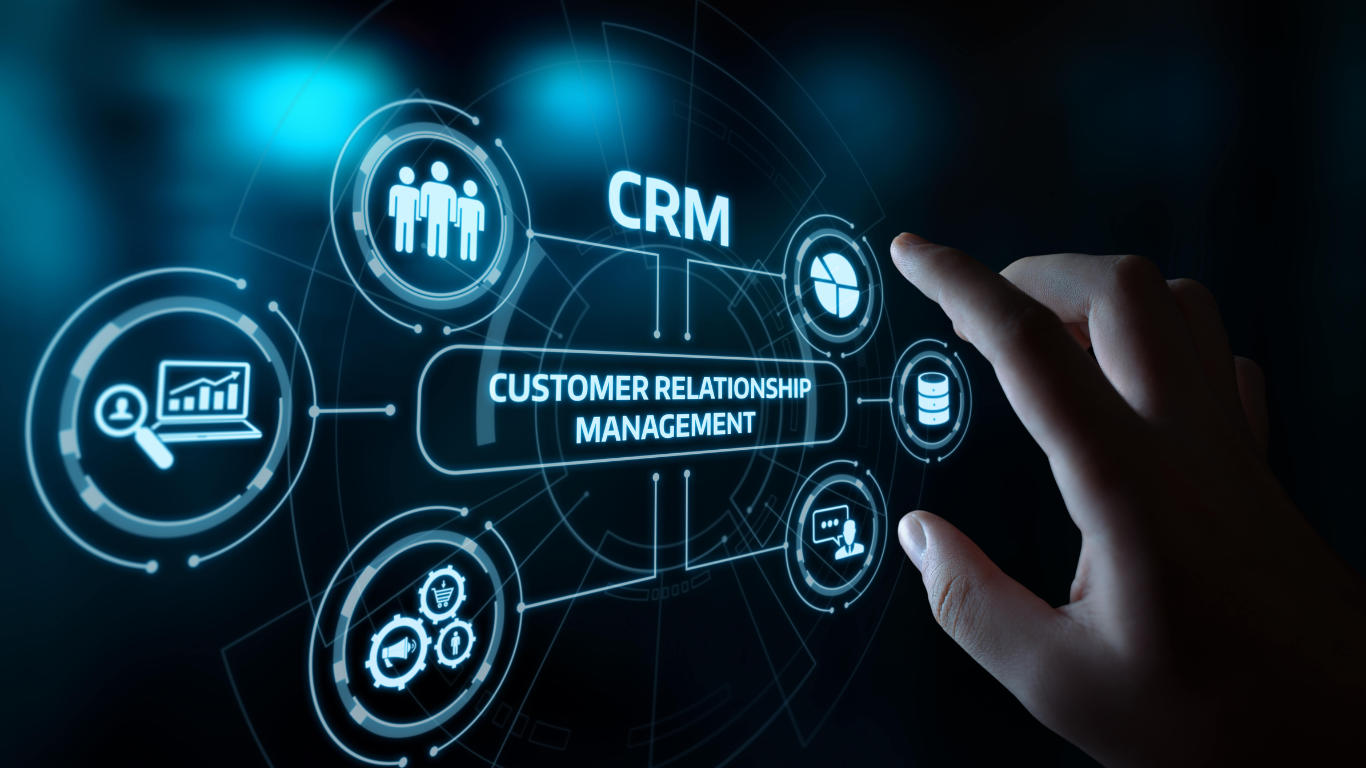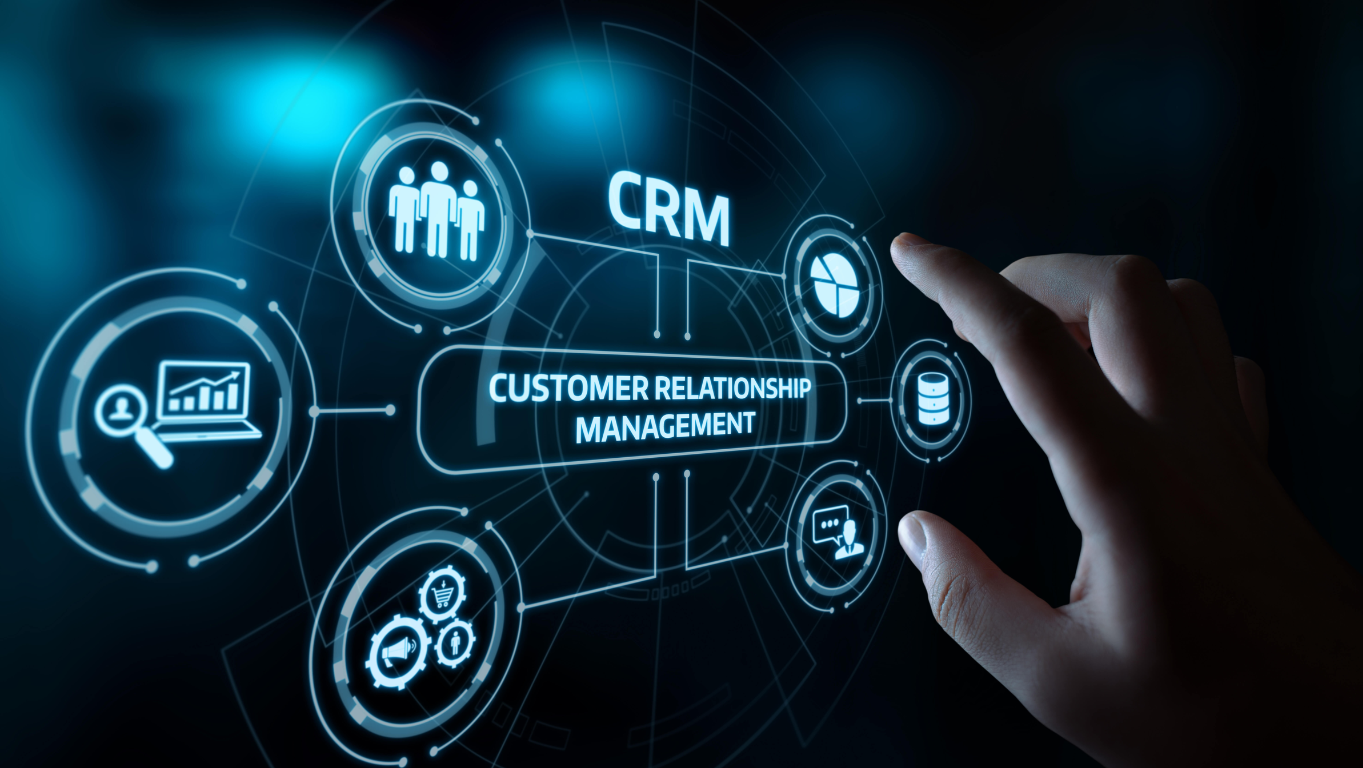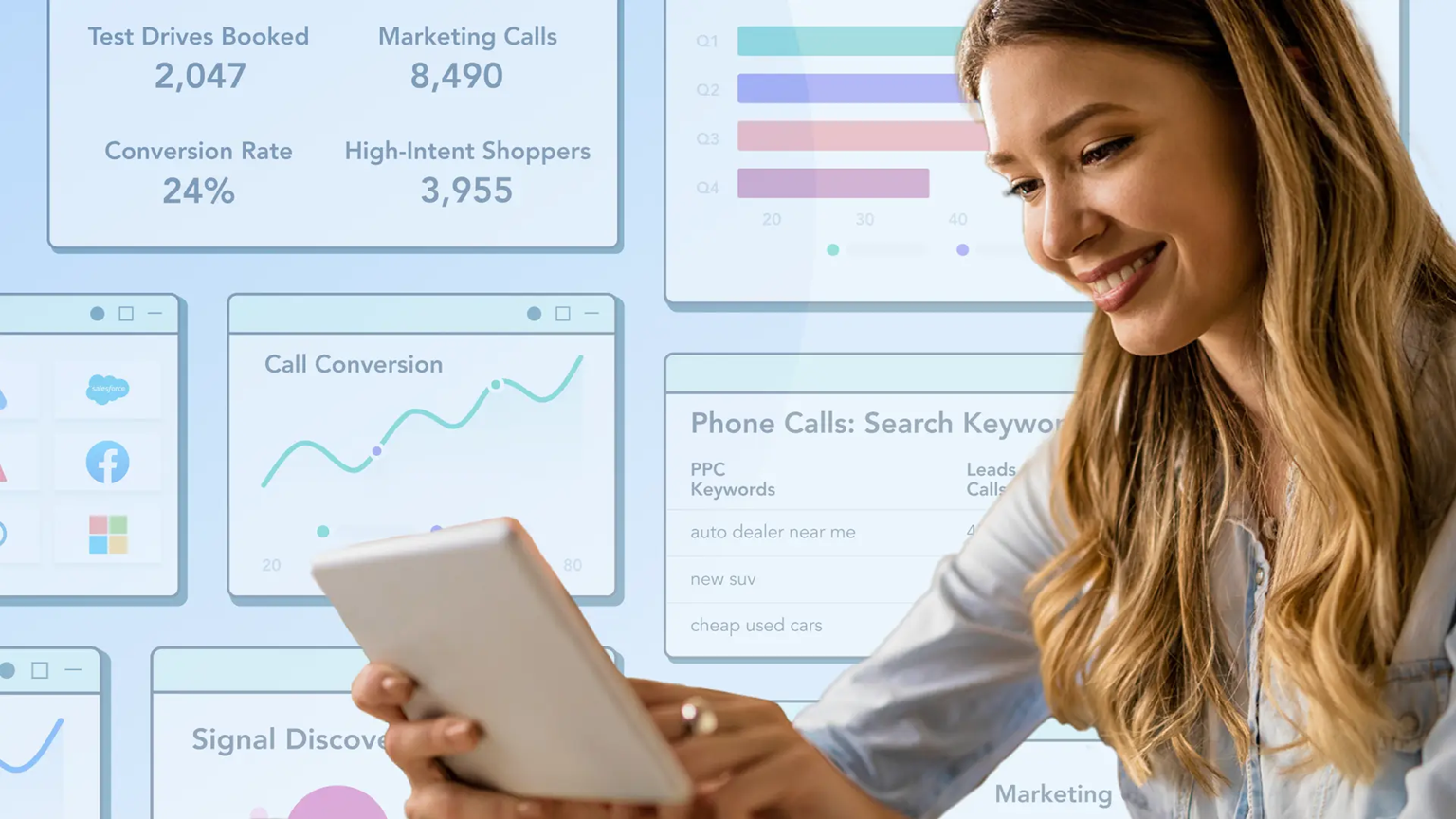Customer Relationship Management (CRM) software has become a cornerstone of modern business strategy. What once was seen as a luxury tool for large corporations is now an indispensable resource for small businesses. A well-implemented CRM system can help streamline processes, improve customer satisfaction, and ultimately boost profitability.
We’ll explore the many advantages of CRM software for small businesses. Whether you’re looking to enhance your marketing efforts, improve customer retention, or increase sales efficiency, a CRM solution can make all the difference.
What is CRM software?

CRM software is a platform designed to manage a business’s relationships and interactions with current and potential customers. By centralizing customer data and automating tasks, CRM tools help businesses maintain organized and efficient operations.
For small businesses, where resources are often stretched thin, CRM software acts as a vital tool to improve organization, manage customer relationships, and ensure no opportunity slips through the cracks.
The core benefits of CRM software for small businesses
1. Centralized customer data
Small businesses often struggle with scattered customer information. Spreadsheets, sticky notes, and outdated systems can lead to confusion and missed opportunities. CRM software addresses this challenge by centralizing all customer data in one place:
- Contact details, purchase history, and communication records are easily accessible.
- Customer preferences and behaviors are stored for tailored interactions.
- Teams can collaborate more effectively, as everyone has access to updated information.
2. Improved customer retention
Retaining existing customers is more cost-effective than acquiring new ones, and CRM software helps achieve this by:
- Tracking customer interactions to identify their preferences and needs.
- Automating follow-ups and reminders for special occasions, such as birthdays or anniversaries.
- Providing insights to personalize offers, improving customer satisfaction and loyalty.
3. Enhanced sales performance
CRM software equips small business sales teams with the tools to work smarter, not harder:
- Automated lead scoring ensures the most promising opportunities are prioritized.
- Sales pipelines offer clear visibility into each stage of the customer journey.
- Data-driven insights guide sales strategies, leading to higher conversion rates.
4. Streamlined marketing campaigns

Small businesses often have limited budgets for marketing. CRM software maximizes the impact of campaigns by:
- Segmenting audiences based on demographics, purchase history, or behavior.
- Automating email marketing campaigns and tracking their performance.
- Providing analytics to fine-tune strategies and increase ROI.
5. Task automation
Repetitive tasks like data entry, follow-up emails, and appointment scheduling can eat into valuable time. CRM software automates these processes, allowing teams to:
- Focus on high-priority tasks like sales and customer service.
- Reduce errors caused by manual input.
- Increase overall efficiency and productivity.
6. Better collaboration
In small businesses, where team members often wear multiple hats, collaboration is key. CRM software fosters teamwork by:
- Ensuring everyone has access to the same customer information.
- Enabling seamless handoffs between departments, such as sales and customer support.
- Offering tools like shared calendars and task management.
7. Scalability
As your small business grows, so do its complexities. CRM software scales with your needs:
- Add features like advanced analytics, AI-powered insights, or third-party integrations as required.
- Handle increased customer data without performance issues.
- Support growing teams with role-specific access and permissions.
Real-world examples of CRM benefits

Case study 1: A boutique coffee shop
A boutique coffee shop used CRM software to manage its loyalty program. By analyzing customer preferences, it:
- Increased repeat visits by 25% through personalized discounts.
- Streamlined inventory management based on customer purchasing patterns.
- Improved overall customer satisfaction by remembering regular customers’ preferences.
Case study 2: A local real estate agency
A small real estate agency implemented CRM software to manage client relationships. The results included:
- 30% faster response times to client inquiries.
- Automated follow-ups that led to a 15% increase in property sales.
- Better tracking of deals and leads, improving team efficiency.
Challenges solved by CRM software
1. Lack of organization
Small businesses often juggle customer data across multiple platforms, leading to disorganization. CRM software centralizes all data, ensuring nothing is lost or forgotten.
2. Inconsistent communication
Without a clear record of customer interactions, communication can be inconsistent. CRM tools provide a detailed history of all customer touchpoints, enabling personalized and cohesive communication.
3. Inefficient processes
Manual processes slow down operations and increase the risk of errors. CRM automation reduces bottlenecks, allowing teams to focus on growth-oriented activities.
4. Difficulty in measuring success
Without proper analytics, small businesses may struggle to measure the success of sales or marketing efforts. CRM platforms provide actionable insights, making it easier to adjust strategies for better outcomes.
How to choose the right CRM for your small business

1. Define your goals
Before selecting a CRM, identify your objectives:
- Are you looking to improve customer retention?
- Do you need better lead management or marketing automation?
- Are analytics and reporting a priority?
2. Evaluate features
Not all CRMs are created equal. Look for features that align with your business needs:
- Contact management and segmentation.
- Task automation and workflow creation.
- Integration with tools like email platforms or accounting software.
3. Consider usability
Small businesses often lack extensive IT resources, so ease of use is critical. Choose a CRM with:
- A user-friendly interface.
- Minimal setup and training requirements.
- Responsive customer support.
4. Set a budget
CRM solutions range from free to premium. Assess your budget and determine which features are worth the investment. Many platforms, like HubSpot CRM, offer free plans with upgrade options.
CRM software is an invaluable asset for small businesses. It simplifies customer management, enhances efficiency, and provides the tools needed for sustainable growth. By investing in a CRM solution, small businesses can unlock their full potential and stay ahead of the competition.
If you’re considering implementing CRM software, start by identifying your needs and exploring platforms that offer free trials or plans. With the right CRM in place, your small business will be well-equipped to thrive in today’s competitive market.
Frequently asked questions about CRM software
1. What is CRM software used for?
CRM software is used to manage customer relationships by centralizing data, automating tasks, and providing insights. It helps businesses improve customer satisfaction, streamline operations, and boost sales.
2. Can small businesses afford CRM software?
Yes! Many CRM providers offer affordable plans tailored for small businesses. Some, like Zoho CRM or HubSpot CRM, even provide free versions with essential features.
3. What is the easiest CRM for small businesses to use?
User-friendly CRMs like Pipedrive, Monday.com, and HubSpot CRM are popular choices for small businesses due to their intuitive interfaces and robust support systems.
4. How does CRM software improve customer retention?
By storing customer data and tracking interactions, CRM software enables personalized communication, timely follow-ups, and tailored offers that build loyalty.
5. Can CRM software integrate with other tools?
Most CRM platforms integrate with tools like email marketing software, e-commerce platforms, and accounting systems, creating a seamless workflow.
6. Is CRM software secure?
Reputable CRM providers prioritize data security, offering encryption, role-based access, and compliance with regulations like GDPR.
7. How much does CRM software cost?
Costs vary widely. Basic plans can start at $0 (free) to $20/month per user. Advanced features may cost more.
8. What are the best CRM platforms for small businesses?
Some popular options include:
- HubSpot CRM
- Zoho CRM
- Pipedrive
- Salesforce Essentials
9. Is it difficult to transition to CRM software?
While the initial setup may require effort, many vendors offer step-by-step guides, customer support, and data migration services.




